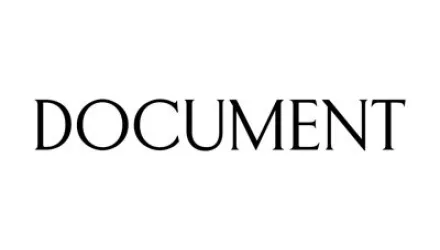Abstract
Encryption's new normal is changing the way in which states assert their sovereignty at home and abroad.
Cryptography has gone mainstream. Now more than ever, encryption is used by ordinary citizens, often without their knowledge, and is a subject of national debate. Intelligence and law-enforcement officials warn of the dangers of messages they cannot read. Presidents and prime ministers weigh in on the way cryptography shapes the balance between liberty and security. The Edward Snowden revelations drive encryption-related coverage in major newspapers, even as the technology is rolled out by increasing numbers of companies over government objections. All told, it may be the most international attention a mathematical concept has received since the space race.
These ongoing debates exist at the intersection of at least three fields: law, applied mathematics and international relations. The legal debate varies by country, and centres on what restrictions on cryptography the government may enact under each state's domestic political system. The debate in applied maths, drawing on computer science and software engineering, addresses whether or not it is technically feasible to place limitations on cryptographic implementations, such as those desired by some governments, without sacrificing security or the right to privacy. The international-relations debate, which is only nascent, questions what the widespread use of cryptography means for the future of states in the international system.
For all the recent discussion and increasing use of cryptography, however, many of the core concepts of the modern debate are not entirely new. In legal and applied-maths circles, similar debates took place in the 1980s, as powerful new forms of encryption came to the fore. Another round of discussion took place in the 1990s, as the spread of the internet dramatically increased the number of encryption users and raised the prospect that the security and privacy offered by cryptography would spread beyond American borders. Much can be learned from these previous debates that can help to ascertain the implications of cryptography for international relations.
In several important respects, the increasing implementation of secure cryptographic systems reshapes the concept of state sovereignty. It is clear that the seemingly irreversible rise of strong encryption will place particular types of communication beyond the state's reach, while at the same time leaving policymakers with alternative means of reasserting state power. In this way, encryption is similar to other potential challenges to sovereignty, such as globalisation. In practice, the widespread use of cryptography alters how states relate to one another, and to their own citizens. It raises important questions about the legitimate use of a state's own power, and the ways in which this power is constrained by the power of other states.
Read the entire article here: http://www.tandfonline.com/doi/full/10.1080/00396338.2016.1231534
Buchanan, Ben . “Cryptography and Sovereignty.” Survival, October-November 2016



